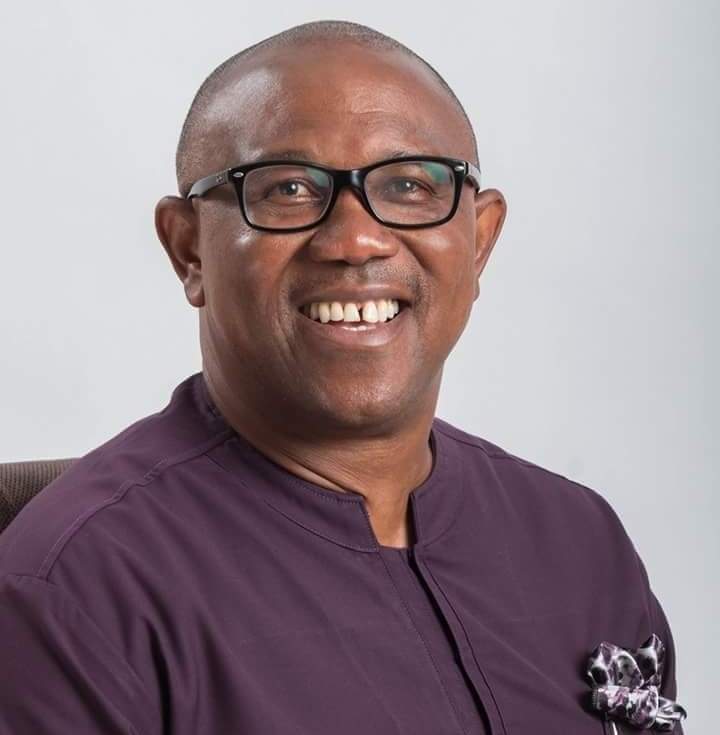Peter Obi has expressed deep concern following the recent announcement by the West African Examinations Council (WAEC), which reported a 7.69 percent decline in the performance of candidates who took the 2024 West African Senior School Certificate Examination (WASSCE) in Nigeria.
This drop, he argues, underscores a broader, troubling trend of insufficient investment in key sectors such as education, health, and poverty alleviation.

According to the WAEC report, “Compared to last year’s 79.81 percent, WAEC said the percentage of candidates who obtained credits and above in a minimum of five subjects, including English Language and Mathematics this year, is 72.12 percent.” Obi highlighted that this continual decline in educational outcomes and other critical areas signals a need for urgent intervention.
Despite Nigeria’s claimed literacy rate of over 50%, the country is still ranked 187th globally, a statistic that Obi attributes to the evident lack of commitment to education. He emphasized that the nation’s investment in education, much like in other essential sectors, remains woefully inadequate.
Obi pointed to the national budget as evidence of this shortfall, noting that the total capital expenditure for the entire education sector, including the Universal Basic Education Commission (UBEC), was a mere N330.3 billion. In a country with approximately 81,520 primary schools and 23,550 secondary schools, Obi contended that such an allocation is insufficient to meet the nation’s educational needs. He contrasted this with the significant investments made in education during his administration in Anambra State, which he said have continued to yield positive results.
Despite his concerns, Obi extended his congratulations to all students who participated in the 2024 WASSCE, particularly those who achieved commendable results. He praised their diligence and perseverance, which he noted had paid off.
Obi also acknowledged the efforts of the schools, including management, staff, and teachers, for their role in advancing education and contributing to societal development.
Quoting Nelson Mandela, he reaffirmed his commitment to a New Nigeria where education will be given the priority it deserves: “Education is the most powerful weapon which you can use to change the world.”







